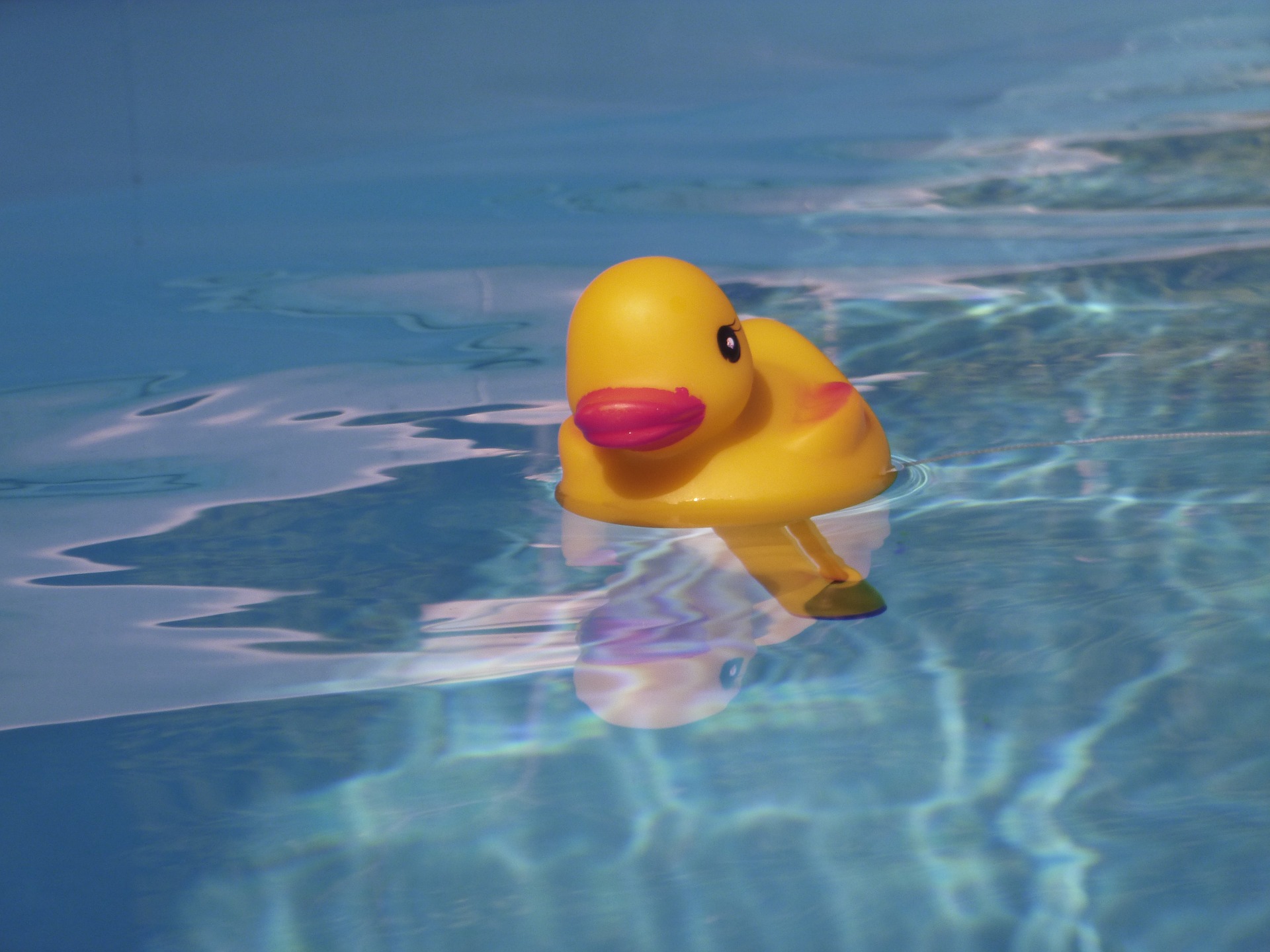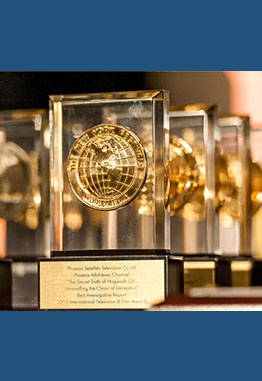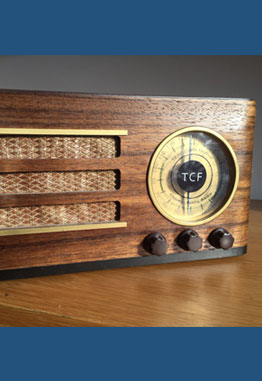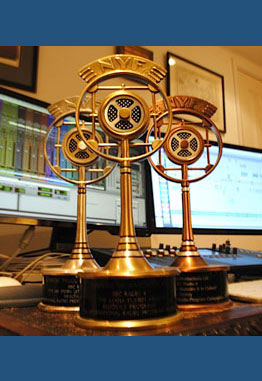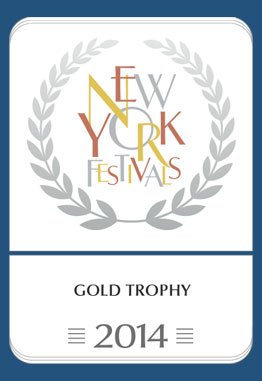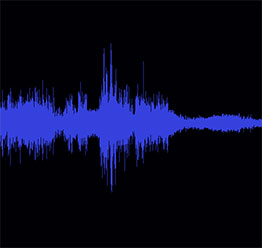So naked swimming is fun.
This is my newsflash.
Well before the Brighton World Naked Bike Ride, I had arranged to record at a naturist swimming group in Haddington, on the outskirts of Edinburgh and the timing was hard on the heels of the bike ride. I think this was probably for the best – reflecting too long on my experience in Brighton would only have made it harder to cast off the mantle once more. This way I had no choice.
One question I had on my mind leading up to this summer was whether I should implement a gruelling body sculpting regime to look “my best”, but life intervened and I found I had neither time or inclination. The glass of wine, slice of pizza and sofa were too enticing after a long day. In any case, the more I researched this BBC World Service programme, speaking to people and also considering Dr Keon West’s own research – the basis of the programme (http://www.gold.ac.uk/news/naked-and-unashamed/), the more I felt that that for many naturists, this really isn’t the point.
Certainly for the group I met with at Haddington, being naked, shedding the clothes that culture (and particularly in Scotland sometimes also weather) dictate we should wear, is not about attaining an ideal of beauty – whatever that means. It is about body acceptance – not only of one’s own body but also other people’s.
They described their naturism as a way of stripping back to the real person: warts, scars, mastectomies, urostomy bags and all. And in this non-descript pool in Scotland, I found a warm, welcoming, lovely group of people. They didn’t care what I looked like and within the group, there were all shapes and sizes. It made me realise how easily I fall into judgemental habits, taking in a person in one glance: clothes, shoes, hairstyle. Presuming to know what they will be like and who they are.
Clothing is a social indicator – it can give us a shorthand for social demographic, income, profession, perhaps even character. I remember an American friend, new to the UK, once remarking that she found it difficult to read certain dynamics because she didn’t have this knowledge of British ‘types’ to fall back on. It made her life harder, but maybe she forged more varied friendships without this information. With this shorthand, some of the individual can be lost. When clothes are taken away what is really laid bare is the person underneath. You speak to the person, to their eyes – learning who they are from their words – there is very little else to go by.
The ‘real person’ was a phrase this swimming group came back to again and again. Of course our choice of clothing can (and often does) say a lot about who we are, but there is also an element of façade, whether it be provided by spanx or powersuit. We present an image of ourselves, to varying degrees depending on the situation and audience. What this group relished is getting beyond that public front as, with a sigh of relief, together they let it all hang out, literally.
And there is a more serious message too from this group, about being open to not only imperfections in the body, but also more dramatic changes to it. How many people, before they are forced to deal with it, or one of their loved ones is, know what it’s like to live with a urostomy bag or the scars of heart surgery? Within this group, these subjects are literally laid bare, and rendered normal and manageable by their exposure. These are not things that provide sideshow entertainment, although they single-out some members. They demonstrate the resilience of the human body in an age of tremendous medical progress, where steadily more people, rather than fewer, will be faced with these same procedures and many others: procedures which I believe are virtually taboo in our youth-worshipping, airbrushed culture. What is most remarkable to me though, is that these swimmers seem unfettered by this baggage, in some cases in a literal as well as figurative sense. It has not stopped them from being naked, from rock climbing, from dating, from being themselves. And I was very glad to meet them.
I was also very glad of the water. The June heat wave had made a swimming trip all the more appealing and, whilst there are some outdoor naturist beaches in Scotland, the group meet all year round so a local pool is their preferred option. It was no less inviting for all that – the swim was liberating, and actually really fun. Unencumbered by a swimming costume trapping air then dripping water, it felt easy and natural. And the feeling of the water around my body was refreshing and also comforting. This was nakedness that felt good. I was within a pool and not under the immediate gaze (although I did see someone with goggles…) and I had an activity to do so there was no awkwardness. And the showers before and after were an occasion for a bit of a chat as well as being, to my mind, much more effective without a costume in the way.
I didn’t really want it to end. Perhaps conversion is around the corner for me. And I don’t use religious language lightly. The unquestioning welcome, care and acceptance I was given felt similar to how I might be treated joining a new congregation for the first time. They didn’t know me, but they knew why I was there – to share the same experience, the same way of life. They are zealous: the followers want everyone to enjoy their own happiness, convinced of the benefits – physical, emotional, psychological (if not spiritual). They want this for everyone with a convinced, firm belief that it makes their lives better. Dr West’s research indicates that they could be on to something, and I may be coming round.
The next trip is to Senegal to join a fledgling naturist club there. I have a feeling things are going to get weirder.
